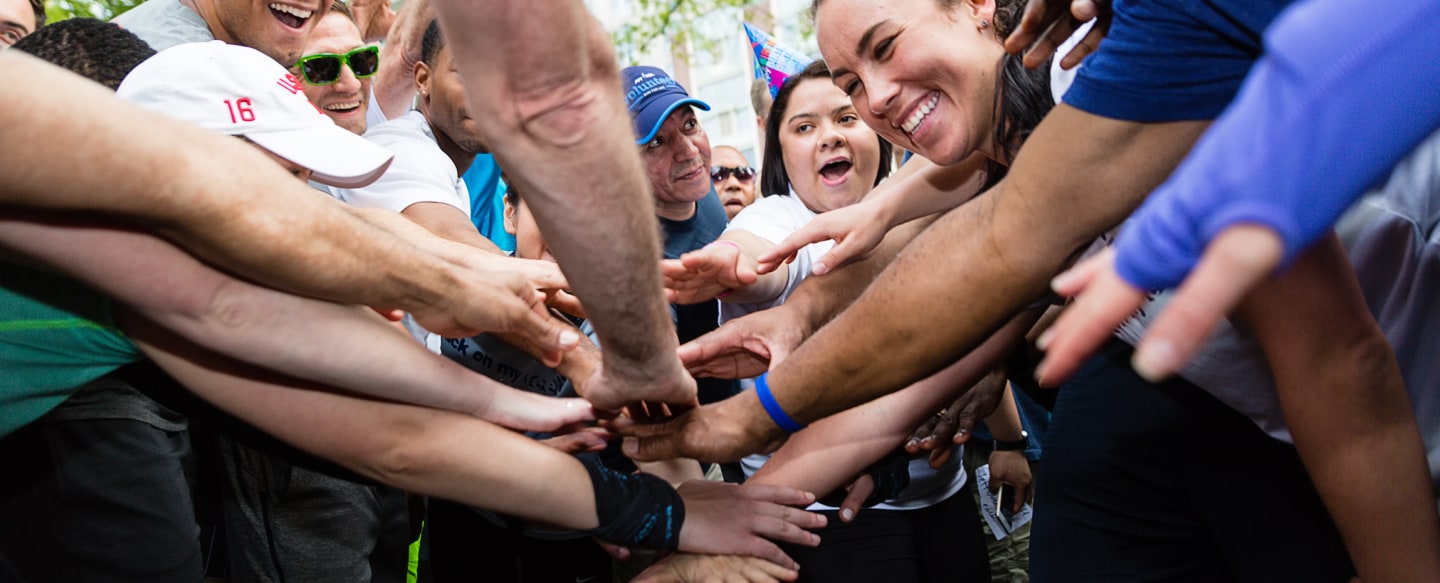Mention improv comedy to some people and they head for the exits. When it works, this very American art form can be delightful, as cast members take suggestions from the audience and create unscripted sketches that move in surprising directions. At its worst, audience members glance at their watches and wonder why they wasted money on a babysitter.
Even Minnesota’s well-regarded Theater of Public Policy (T2P2) has put on at least one show that stunk up the joint. Literally. The Minneapolis-based troupe has been compared to a mash-up of Saturday Night Live and C-SPAN, and they regularly rise to the challenge of making civic issues funny. In 2014 the topic was Asian carp, the invasive species that has expanded from the Mississippi River into the headwaters in the north, threatening ecosystems (Asian carp can eat up to 40 percent of their body weight each day).
During the set-up, as T2P2 co-founder Brandon Boat was introducing the topic to the audience, a man approached the stage carrying a frozen 60-lb Asian carp. “The fish man was very passionate,” says cofounder Tane Danger, “and one of those folks who it is very difficult to interrupt once he got started.” The man put the fish down on the stage and for several minutes shared his knowledge of the species’ reproductive capability (a female carp can have up to 80 million babies over its life span, the cast and audience learned). “Stage lights are warm, so eventually we had a defrosting Asian carp on stage…”
While you can’t expect a frozen fish every night, the element of surprise and the passionate opinions of both guests and audience members have been part of the troupe’s shows since 2011. That was when Danger, 32, who had worked “in the civic do-gooder space” as well as for the state (he was communications director for the Minnesota State Sesquicentennial Commission, though “I sometimes joke that my entire job was helping people to pronounce ‘Sesqui-cen-tennial’”) shared the idea of combining these flavors with his friend Boat, a fellow alum of Gustavus Adolphus College. “I’d been doing improv comedy as sort of a fun thing since college, and I thought it was really good at telling stories and bringing things to life on stage,” Danger recalls. “Is there some way to use that to sort of demystify that civic stuff?”
The two floated the idea with comics and civic-minded citizens. “All the civic engagement people said, ‘You’re doing this comedy show, are people learning anything?’” Danger recalls. “And all the comedy people said, ‘If you’re doing public policy, is it really going to be funny?’”
The answer to both questions has been a surprising yes. The group’s shows generally open with Danger doing a short interview with someone—a former state supreme court justice discussing the importance of a nonpartisan judiciary; a government official obsessed with the future of public transportation. Then cast members (usually five comedians from a troupe of fifteen) take over.
“Generally we try to do improv that builds on something,” says Danger, “taking an idea and pulling at it from different points of view. Or take it to its logical conclusion. That really only works if you’re committed to seeing that through; if we’re going to create a whole secondary universe where instead of having universal health care, we have universal grocery stores, we don’t want to just fade out and drop it. We want to see that whole world, what are the problems or good things, what are the absurdities that play out.”
That long form of improv (practiced by Chicago’s Second City and the New York and Los Angeles-based Upright Citizens Brigade) was christened The Harold by the late comic legend Del Close. “The first rule is that there are no rules,” said Close, though T2P2 has developed some informal rules since its inception. “We encourage the cast to not ‘punch down,’” says Danger. “We don’t want the comedy to be at the expense of someone or some people that are already disenfranchised, or a minority community.”
They also strive to be non-partisan. “A lot of people want us to be a partisan gunslinger,” says Danger. “That’s not what we’re about; there are plenty of other people who do that and they’re very good at it.”
The third rule is to avoid topics where there is zero room for humor. “Somebody said to me, ‘Oh, you should do a show on rape!’” recalls Danger. “And I was like, ‘Nope, I have no idea how we would do that.’ But we have done some tricky, controversial things. My favorite example comes from a show we did several years ago, when Minnesota was debating whether or not to ban gay marriage in the state constitution.” They were in a conservative part of the state and had been warned that most of the audience members would be opposed to marriage equality. And indeed, the speaker arguing in favor was met with a lot of folded arms and stony stares.
But during the improv, some minds may have been changed—or at least opened. “Two of our performers did a scene where they were a couple going out for a party,” says Danger, “only each time they got to the door, the one member of the couple had forgotten something inside: their hat…then their wallet…then their cell phone…. But when the first member of the couple was finally ready to head out, the frustrated partner realized he’d forgotten his keys inside.”
Danger compared it to a scene from I Love Lucy—not especially new territory. “The only thing that made it slightly unusual was that it was two guys playing the couple. And the audience was in stitches throughout the whole scene. I’m talking full-on, knee-slapping laughter. After the show, I had multiple people from this conservative audience come up to me and say, ‘That was just like me and my wife!’”
Thanks to grants from a variety of groups (Minnesota’s Metropolitan Regional Arts Council, the Knight Arts Foundation, and the Charles Koch Foundation), the Theater of Public Policy is now expanding beyond the Midwest, bringing its brand of civic comedy to college campuses around the country. The intended goal is to spark civil dialogue, and so far the results so far have been positive. One university student commented, “I wish you had your own show that could be broadcast to every high school mandatory civics class.”
Does taking their show on the road pose a challenge to cast members who might not know the issues that animate people in California or New York? “We’re helped by the fact that we’re not experts in what we’re doing shows about,” says Danger. “We get the privilege of getting to play with what we learn; we’re learning alongside the audience, in a way. It’s my job, as the host and interviewer, to ask good questions, probe an issue back and forth etc. But the cast is hearing the information that is being presented by the guest, or the debate that is happening, in the same breath that the audience is. It puts them all in the same boat.”
Since co-founding T2P2, Danger has received a fellowship from the St. Paul-based Bush Foundation, which allowed him to return to school and earn a master’s in public policy, “so I would actually know something about policy instead of just running a show about it,” he says. And he feels he’s never lost his do-gooder cred.
“I don’t think there’s anything more important than people understanding the issues and debates making their communities better,” he says. “Folks working on some of this stuff can be very good at talking to people who already agree with them. What’s harder is getting someone who hasn’t really thought about it to show up and listen.”
— Sean Elder
Visit the Theater of Public Policy’s website for upcoming shows in your region: http://t2p2.net/upcoming-events/











